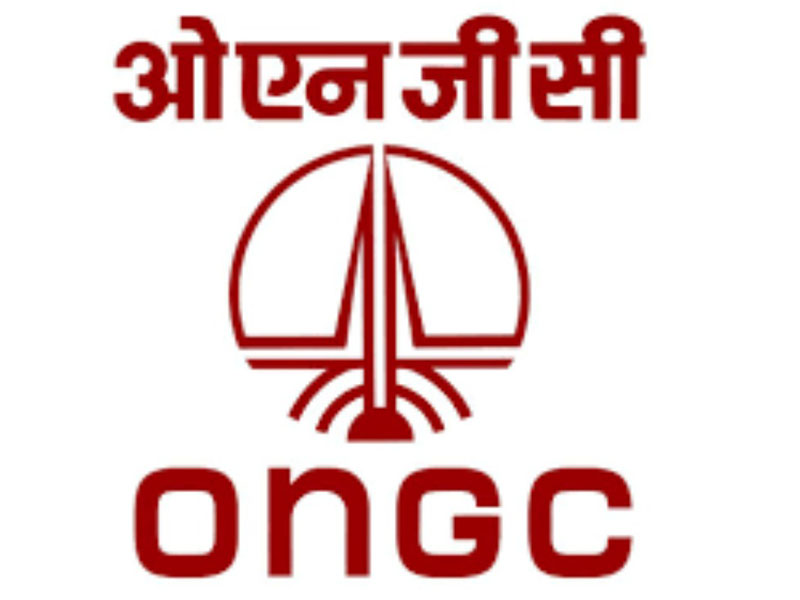 ONGC Disinvestment
ONGC Disinvestment
Don't give away prime assets to pvt sector on platter: ONGC officers' union to govt
New Delhi/IBNS: The officers' union of the state-run oil exploration and production company ONGC has opposed the petroleum ministry's proposal to disinvest 60 percent stake and operatorship of Mumbai High and Bassein & Satellite (B&S) offshore assets to international partners for raising output, according to media reports.
The Association of Scientific & Technical Offices of ONGC petitioned Oil Minister Hardeep Singh Puri against the proposal by Amar Nath, additional secretary (exploration) in the Ministry of Petroleum and Natural Gas, according to an NDTV report.
According to the proposal, the government can divest 60 percent stake and operatorship of Mumbai High and Bassein & Satellite (B&S) offshore assets to international partners for raising output.
The government-dictated below market price gas price fixation for ONGC fields should be reviewed to make production from smaller and remote fields viable, the union wrote to Puri on November 11.
Also, ONGC should be given freedom to market small pools of natural gas which in present price regime are unviable.
Statutory clearances and authorities for ONGC need to be optimised and procedural aspects rejigged to help the firm take faster decisions.
Farming out stake in "existing fields shall not yield the desired results of enhancing domestic production, instead it will provide a level playing field and empower ONGC to further enhance productivity," the union wrote.
"We would therefore request you that handing over producing fields on a platter to the private operator will not be successful and therefore, in our opinion, should not be pursued," it added.
It said exploration of oil and gas is a highly risky endeavour where very few like to participate. "This is evident from the tepid response to the bids invited under OALP (bid rounds), where only ONGC and to some extent OIL are the only bidders."
"The private operators most probably are giving priority to commercial aspects, the prevailing business climate and therefore may not be taking the risk that ONGC is willing to take," the union wrote.
The data of the last 3 years shows that ONGC has been consistently drilling more than 100 exploratory wells every year even when the international crude prices had hit an all-time low. During the low price regime most of the international and private E&P companies had stopped their exploratory plans and had drastically reduced their development investments.
"ONGC, however, bucked the trend and continued to aggressively invest in exploration and development activities," it said, adding private exploration and production (E&P) companies have been very quick to give up fields with falling commercial returns.
"The example of Panna, Mukta and tapti fields (in western offshore) where international E&P operators did not renew their leases even though the recovery factor from these fields had not even reached 20 per cent, in fact in one case it was even less than 10 per cent," it said pointing to ONGC's recovery factor - percentage of reserves being recovered - at 28 per cent in Mumbai High and Bassein fields.
ONGC took over the Panna, Mukta and Tapti fields after the exit of Shell and BG Group and is producing more than the approved profile of the field.
Similarly, the Ratna field, which was given to the private sector, was put to production by ONGC. PY-3 field too was lying idle for years before ONGC took over.
"Despite the impact of COVID-19, ONGC has been able to maintain the production levels as envisaged in the annual plans. Mumbai high has been producing since 1976 and has been the cornerstone of the country's oil production. Bassein and Satellite have been the frontrunner for gas since 1987," the union wrote.
"ONGC has been optimally producing from these fields keeping into consideration the health of the reservoir," it noted.
With time, ONGC has also accreted reserves in these fields and has enhanced the recovery factor.
"ONGC has plans to further enhance the production from these fields and in coming years, we shall see substantial increase from these fields," the union wrote.
"All these efforts are in public domain and we are sure that the same must have been scrutinised by the Board of ONGC of which senior officials from the ministry are an integral part," it added.
The Union sought an opportunity to meet Puri personally and present its suggestions for augmenting domestic crude oil and natural gas output.
Support Our Journalism
We cannot do without you.. your contribution supports unbiased journalism
IBNS is not driven by any ism- not wokeism, not racism, not skewed secularism, not hyper right-wing or left liberal ideals, nor by any hardline religious beliefs or hyper nationalism. We want to serve you good old objective news, as they are. We do not judge or preach. We let people decide for themselves. We only try to present factual and well-sourced news.







